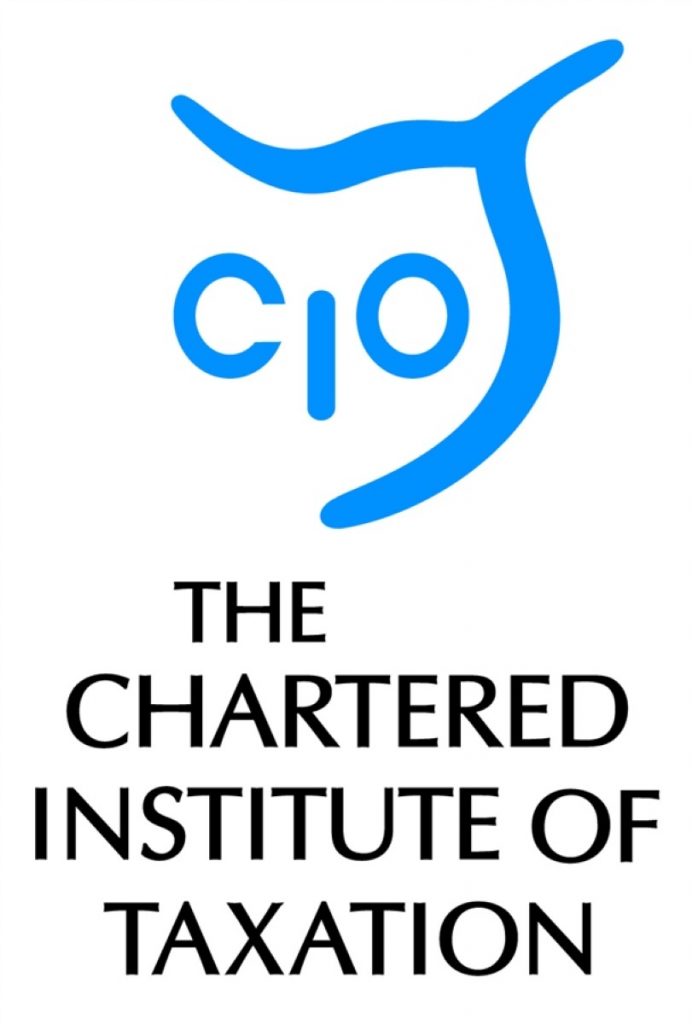Budget: Interest deductibility proposals “proportionate” say tax advisers
The Government has announced new rules restricting the amount of interest expenses that can be deducted when a company calculates its taxable profit. Commenting, Glyn Fullelove, Chair of the Chartered Institute of Taxation’s International Taxes Sub-Committee, said:
“Interest deductibility has become a strong competitive feature of the UK tax system and economy, so it is not without risk for the Government to impose a limit on the amount of interest expenses that a company can deduct for tax purposes.
“Nevertheless, given how use of interest expenses to reduce corporation tax liabilities has been a key area highlighted in the OECD’s work on Base Erosion and Profit Shifting (BEPS) it was always likely that the Government would feel the need to act in this area.
“In the circumstances these proposals appear to be reasonably balanced and proportionate, with appropriate safeguards in place. With other major economies acting too in this area we should not end up putting ourselves at any significant competitive disadvantage, though this will only be the case if other countries do follow through with their promises to implement similar rules.
“The Government have been sensible in going for a limit of 30 per cent of a company’s earnings before interest, taxes, depreciation and amortisation (EBITDA), at the upper end of the OECD’s ‘corridor’ of 10 – 30 per cent, as the limit for net deductions for interest.
“However even a 30 per cent limit would still have had a significant impact on infrastructure and real estate companies, who have particular factors driving them to have a high ratio of debt to EBITDA earnings for reasons unrelated to avoiding tax. It appears the Government have made provision for this by excluding public infrastructure from the 30 per cent limit and announcing that a group ratio rule will also apply, which is welcome and pragmatic.
“We also welcome provisions excluding companies which pose little risk of BEPS from the 30 per cent limit, such as those with a de minimis level of interest expense of £2 million net.
“We are also pleased that the Government confirmed that it will repeal the existing worldwide debt cap rules which will no longer be required, rather than simply adding a new set of rules to the tax code.”
Notes for editors
1. BEPS seeks to tackle tax planning strategies that exploit gaps and mismatches in tax rules to artificially shift profits to low or no-tax locations where there is little or no economic activity, resulting in little or no overall corporate tax being paid. For more information visit http://www.oecd.org/ctp/beps.htm
2. In the CIOT’s response to the Government’s consultation on this area the Institute argued specifically for a £2m de minimis threshold, and also supported the application of a group ratio rule and a public infrastructure exception.
3. The Chartered Institute of Taxation (CIOT)
The CIOT is the leading professional body in the United Kingdom concerned solely with taxation. The CIOT is an educational charity, promoting education and study of the administration and practice of taxation. One of our key aims is to work for a better, more efficient, tax system for all affected by it – taxpayers, their advisers and the authorities. The CIOT’s work covers all aspects of taxation, including direct and indirect taxes and duties. Through our Low Incomes Tax Reform Group (LITRG), the CIOT has a particular focus on improving the tax system, including tax credits and benefits, for the unrepresented taxpayer.
The CIOT draws on our members’ experience in private practice, commerce and industry, government and academia to improve tax administration and propose and explain how tax policy objectives can most effectively be achieved. We also link to, and draw on, similar leading professional tax bodies in other countries. The CIOT’s comments and recommendations on tax issues are made in line with our charitable objectives: we are politically neutral in our work.
The CIOT’s 17,500 members have the practising title of ‘Chartered Tax Adviser’ and the designatory letters ‘CTA’, to represent the leading tax qualification.





-01.png)